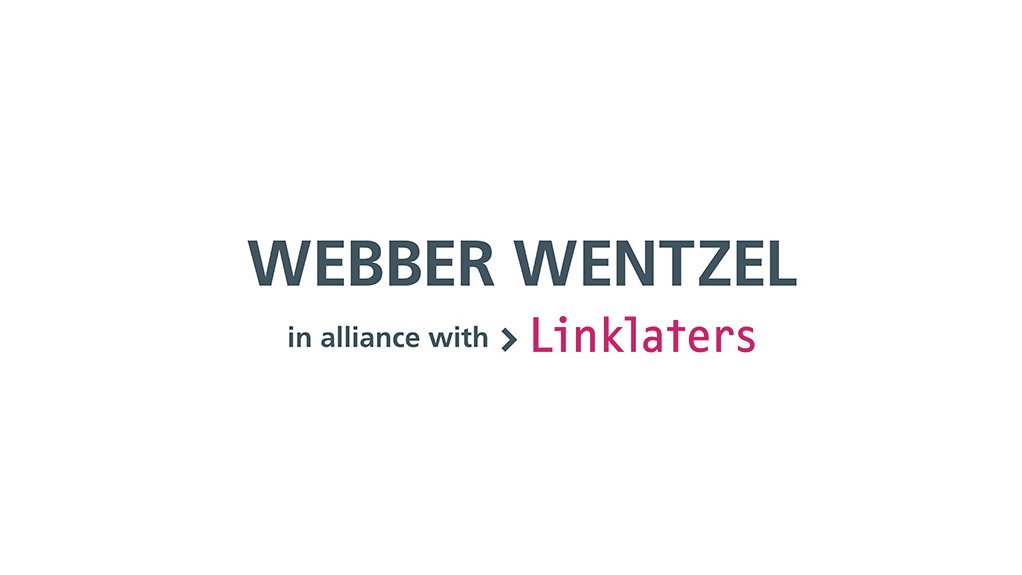Following ESG trends, South Africa’s banking sector is gearing up to provide sustainable financing. This shift into a new era of clean energy will give rise to complex ESG related disputes, and stakeholders should consider including an arbitration clause in underlying contracts to mitigate their risks.
South Africa's economy and energy system is one of the most coal-dependent in the world. South Africa's ratification of the Paris Agreement has, however, set in motion a rapid energy transformation, with the goal of decarbonising the South African economy by 2050. In the energy sector, South Africa estimates that the process of shifting to low-carbon technologies and the implementation of adaptation requirements to reduce greenhouse emissions will require roughly USD300-billion.
Sustainability-linked financing offers a significant opportunity for banks. Corporate clients, also looking to comply with environmental, social and governance (ESG) objectives, would rather partner with banks that have implemented ESG initiatives in their own processes and systems. South Africa's top banks are opting to use the United Nations' Sustainable Development Goals as a guide to inform their approach to business and are setting targets to link to the Paris Agreement, the local regulatory framework, the South African Financial Sector Code, and the King Code on Corporate Governance for South Africa.
However, doing the right thing, and becoming green, is not easy. In the absence of clear direction and regulation on how to best operate to achieve these goals, disputes will become increasingly common. This is especially the case where there is a gap between voluntary company commitments and practice. History has shown that this creates fertile ground for disputes.
Tracking global patterns, ESG-related disputes are arising in the context of multiple fields of law, across jurisdictions, and involving issues such as investment in renewable energy initiatives, asset divestment, breaches of representations or warranties relating to climate-change commitments, or where the receiving country is unable to meet environmental covenants which may be put in place under agreements. These disputes will be complex, and often the subject matter will constitute largely unexplored terrain. The South African banking sector will not be immune.
While the spotlight is on ESG, the reputational fall-out and financial repercussions of ESG-related disputes are likely to be significant for the party on the receiving end. Despite this reality, a risk that is often overlooked by parties to a contract is the dispute resolution mechanism. When the implementation of contracts goes awry, disputes arise, and how such disputes are resolved gives rise to a new set of risks.
An important risk mitigation factor that all banks should insist upon when entering to contracts is an agreement to arbitrate. By resorting to arbitration to resolve disputes, not only will the parties benefit from confidentiality, and the inherent flexibility to choose arbitrators with adequate knowledge of the relevant issues, but they will also be able to tailor the procedure to accommodate the dispute. This is especially the case when banks are implicated in disputes with an 'international' element, such as a dispute between banks (as investors) and host-states; or where the parties have their places of business in different states; or where the subject matter of the dispute is outside the state where the parties have their places of business. In these instances, the banks will be best equipped to resolve their disputes through international arbitration. Not only does this forum offer a neutral playing field in which to resolve the dispute, but the result is global recognition and enforcement of awards through the New York Convention.
To illustrate the advantages of electing arbitration, a local population may be directly impacted by an investment in a new gas pipeline to be constructed through a forest, impacting natural resources for the residents in the area. Entering a submission to arbitrate agreement will avoid court proceedings involving numerous parties, spanning several jurisdictions, with the potential of conflicting court orders. Instead, the arbitration proceedings will provide certainty, finality, and an enforceable award across states.
In summary, the legal and commercial pressures on banks and their corporate clients in moving towards a net zero target by 2050 will create additional risks and challenges. Not only will contractual relationships need to be overhauled, but so will internal practices and policies. To mitigate the risks of when a dispute arises stemming from ESG obligations, serious consideration should always be given to including an arbitration clause in the underlying contract.
Written by Kirsten Wolmarans, Partner & Brittany Leroni, Associate at Webber Wentzel
EMAIL THIS ARTICLE SAVE THIS ARTICLE ARTICLE ENQUIRY
To subscribe email subscriptions@creamermedia.co.za or click here
To advertise email advertising@creamermedia.co.za or click here











